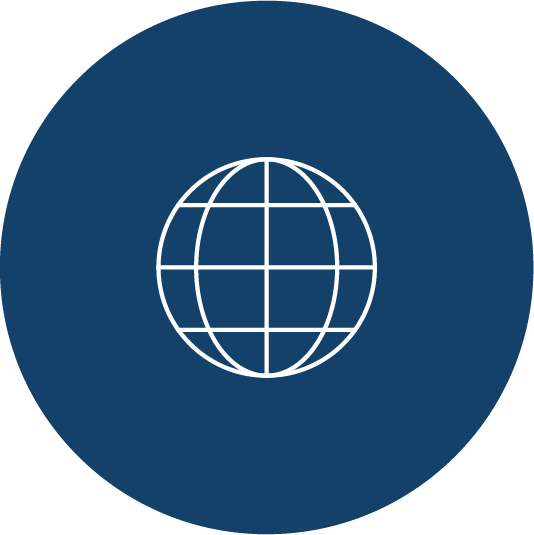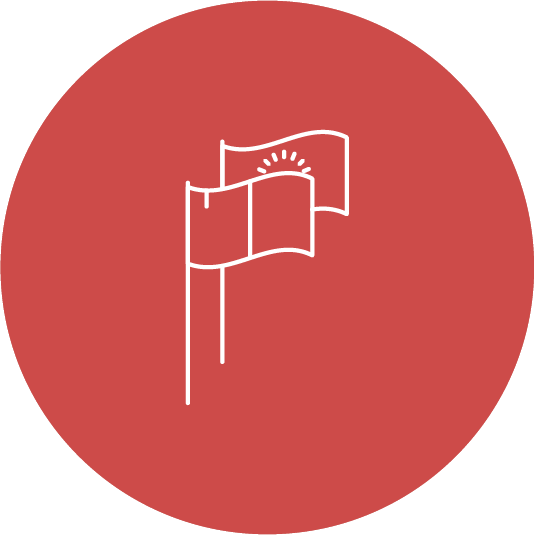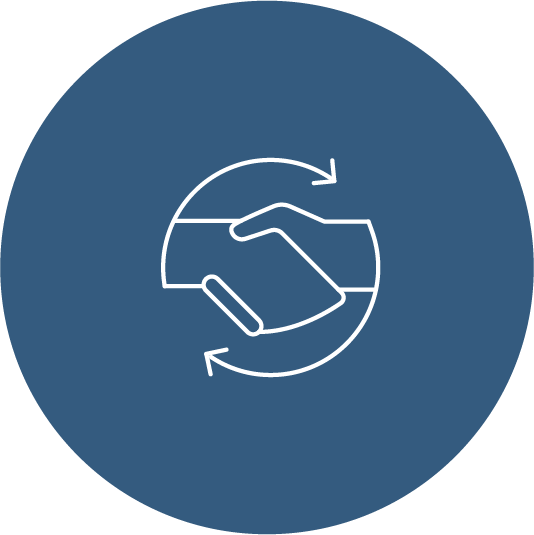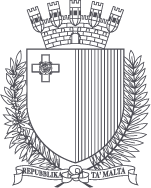The Directorate General Global Issues, International Development and Economic Affairs in the Ministry for Foreign Affairs and Trade.
Global Issues
(UN and international organisations, Commonwealth, human rights, disarmament, terrorism, environment, migration, maritime, sanctions and export control, candidatures, contributions, international institutions in Malta)
The Directorate Global Issues is responsible for overseeing issues relating to the United Nations and other international organisations, including the Commonwealth. It also handles issues relating to human rights, disarmament, terrorism, environment, migration and asylum, maritime matters, sanctions and export control, candidatures and contributions.
The Directorate coordinates and prepares the briefs for Malta’s delegations to the UN General Assembly. It also coordinates Malta’s periodical presentation of reports to various UN bodies such as the Human Rights Council and its subsidiary bodies, the Universal Periodic Review, the Committee on the Rights of the Child and the International Covenant on Civil and Political Rights. Within the ambit of migration and asylum, the Directorate liaises with the Ministry for Home Affairs and National Security and the Permanent Representation of Malta to the EU in covering technical meetings as well as Senior Official discussions both in Brussels as well as in other capitals. The Directorate oversees the external dimension of migration policy and liaises with a number of international organizations and local entities in the drawing up of national policy and outreach activities.
International Development and Economic Affairs
(Development and Humanitarian Assistance, Commercial Promotion, Cultural Promotion, OSCE, Council of Europe, Economic Affairs, European Parliament, MFA Focal Point for EU Presidency)
The Development Unit is responsible for Malta’s official development and humanitarian assistance policies and programmes and ensures Malta is suitably represented in the relevant EU and UN discussions and, in collaboration with other partners (including local Non-Governmental Development Organisations), and also directs the Ministry’s bilateral assistance to developing countries in accordance with OECD-DAC rules. The Development Cooperation Instrument (DCI) is the EU’s major financial instrument for development cooperation in the 2014‐20 period and a series of meetings are being held in Brussels between the Commission and Member states. The Partnership Instrument for Cooperation on the other hand is there to promote EU interests in third countries.
The European Development Fund is the key instrument for delivering EU assistance for development cooperation with African, Caribbean and Pacific (ACP) states. European Economic Partnerships are negotiated between the EU and ACP regions which are involved in a regional economic integration process. The Millennium Development Goals aim towards the eradication of poverty and hunger in under-developed countries. The Post-2015 Development Agenda aims to further focus efforts in this regard. The European Year for Development 2015 will aim at increasing awareness among EU citizens on this subject.
With 57 States from Europe, Central Asia and North America, the OSCE is the world’s largest regional security organization. It offers a forum for political negotiation and decision-making in the fields of conflict prevention, crisis management, and post-conflict rehabilitation. It also puts the political will of its participating States into practice through its network of field missions.
The Council of Europe is the continent’s leading human rights organisation. It includes 47 member states, 28 of which are members of the European Union. All Council of Europe member states have signed up to the European Convention on Human Rights, a treaty designed to protect human rights, democracy and the rule of law.
The Commercial desk is the Ministry’s focal point on the Joint Stakeholders Working Council (JSWC), which serves to coordinate Malta’s promotional activities abroad as well as identify strategic approaches on how to exploit new opportunities in emerging markets as well as in those countries where the Ministry can take a more leading role in the promotion of foreign direct investment. The desk also assists our Embassies with the commercial requests they receive as well as with the organisation of any business related events they organise abroad and provides relevant assistance to foreign business delegations visiting Malta. The desk also monitors international economic developments, with the assistance of other Ministries as well as our Embassies and Permanent Representations abroad.
Cultural Diplomacy Unit
The Cultural Diplomacy Unit was established in 2013 with the intention to implement the Ministry’s Cultural Policy. The main purpose of the Unit is to promote Maltese culture and identity abroad through the creation of networks that focus on Malta’s importance as a country in the midst of the Mediterranean and member of the European Union. It is the intention of the Unit to build a solid infrastructure that would enable Maltese Missions abroad to have the possibility to make Malta visible through cultural means as well as build a high-level exportable portfolio that represents Maltese culture at its best. The role of the Unit is also to exchange and disseminate culture-related knowledge with local and foreign stakeholders to help achieve the objectives of its mandate in the best possible manner.
Another arm of the Cultural Diplomacy Unit is the Cultural Diplomacy Fund which was launched in 2012. The Fund is managed through the Unit and an appointed board consisting of representatives from Ministry for Foreign and European Affairs. The aim of the Fund is to incentivise Maltese Missions abroad to organise and participate in cultural events that reflect the Maltese cultural idiom as well as the intercultural dimension attached to such events. There are presently two annual calls for proposals originating exclusively from Maltese Missions Abroad.






